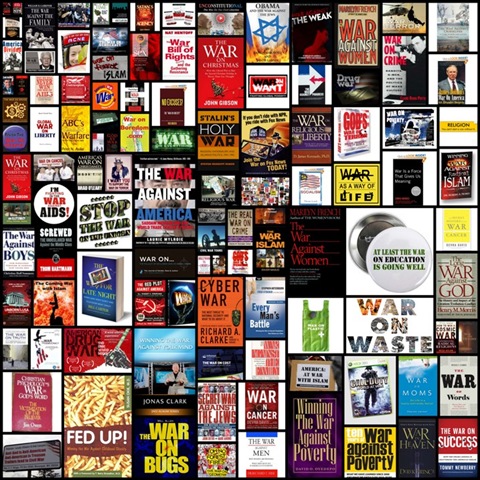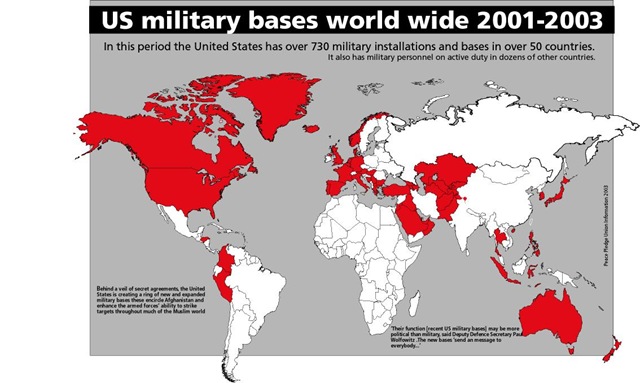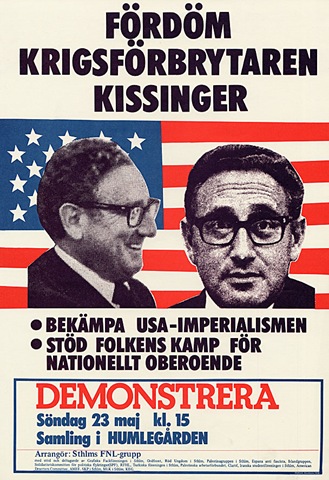
Now that we Americans have our own aspiring dictator, it’s easy to forget about all the other guys standing in front of their gold curtains surrounded by their generals. No one expects the Trump administration to do anything but admire and support these fellow strongmen – maybe it’s just professional courtesy – but let’s not get too nostalgic about American foreign policy under Democratic administrations.
Egypt’s current dictator, Abdel Fattah del-Sisi, deposed the nation’s first freely elected president Mohammed Morsi with American blessings and imprisoned the party’s president Mohamed Badie for life. With Obama’s complicity and continuing American financial assistance Egypt imposed crackdowns on civil liberties. Today Egypt’s current dictator saw to it that the former dictator, Hosni Mubarak, was acquitted of charges of murdering protesters. Meanwhile, an Al Jazeera reporter, Mahmoud Hussein, sits in an Egyptian prison. Practicing journalism should not be a crime under al-Sisi or Trump – nor should it have been under Obama, when Hussein was first imprisoned by America’s pocket dictator.
Democrats should especially refrain from weeping about “what might have been” under Hillary Clinton. People from Honduras can tell you that it would not have been pretty. In 2009 when a military coup sent leftist president Manuel Zelaya into Costa Rican exile in his pajamas, Hillary Rodham Clinton saw it as an “opportunity” and asked her Clinton Foundation buddy Lanny Davis to begin back-channel negotiations with a “better” choice for Honduras, Roberto Micheletti, who himself was shocked that the U.S. and European Union would even think of supporting a coup.
And then there’s Israel. This is a nation that has received $128 BILLION dollars of U.S. aid to-date and has been keeping Palestinians under martial law for sixty years. No administration, Republican or Democrat, has ever had any real qualms about letting Israel systematically loot Palestinian land and build settlements. At least no one has ever done anything about it. Trump now has, literally, an Israeli settler as his choice of ambassador to Israel, but disregard for the rights of Palestinians is one issue both parties agree upon.
Progressives can and should be outraged at Democrats who ally themselves with Republicans on economic issues, militarism, and surveillance. Progressive Democrats can and should “primary” traitors like West Virginia’s Joe Manchin who vote with Republicans on immigration, the environment, or to defund schools. Democrats like New Jersey’s Cory Booker, who are better friends of corporations than their own constituents, need to go into voter-initiated retirement.
Alongside all these other “litmus tests” foreign policy should be a critical criterion for choosing someone to represent you. Because a politician who harms the freedom and welfare of those in other countries will eventually betray you as well.














